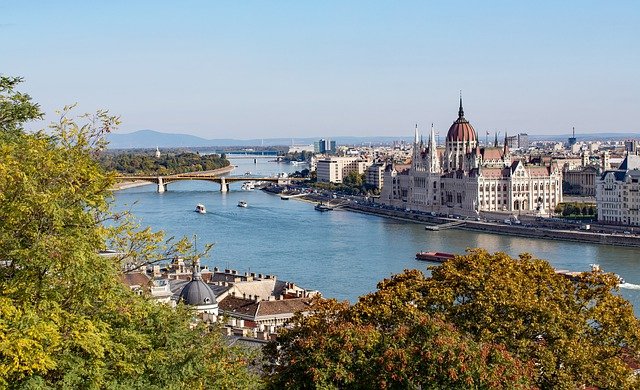
свою имперскую славу, но в отличие от прошлого, на этот раз не через конфликты и завоевания, а через бизнес-климат, который привлекает бизнесменов и предпринимателей со всех уголков мира посетить эту великолепную страну.
Обычные люди знают Венгрию по учебникам истории и её туристическим очарованиям. Но эта страна - гораздо больше, чем красивая архитектура, блюда из гуляша и прекрасные песни Белы Бартока. Сегодня Венгрия является одним из лучших мест во всей Европе для ведения бизнеса и проживания инвесторов и состоятельных людей.

Венгрия - одна из самых красивых стран Центральной Европы, которая также предлагает отличные возможности для ведения бизнеса. Её популярность среди международного делового сектора растёт так, что она становится предпочтительным европейским направлением для бизнеса даже опережая Кипр. Более того, после приостановки кипрской программы CBI многие международные инвесторы начинают рассматривать другие варианты в Европе.
Венгрия является членом ЕС с 2004 года и входит в Шенгенскую зону, тем самым открывая двери на европейский рынок. Она также служит воротами в Европу с азиатского рынка, поскольку многие китайские товары попадают на старый континент через Венгрию.
Благодаря самой низкой ставке корпоративного налога в ЕС, правовой системе, обеспечивающей выполнение иностранных решений в соответствии с двусторонними договорами, которых существует всего несколько, и превосходным структурам защиты активов, таким как траст, фонд и AMF (фонд управления активами), Венгрия предлагает уникальные преимущества для бизнеса не только европейским бизнесменам, но и бизнесменам со всего мира. Mundo выбрал Венгрию за её бизнес-среду, защитное законодательство, богатую культуру и живописные города.
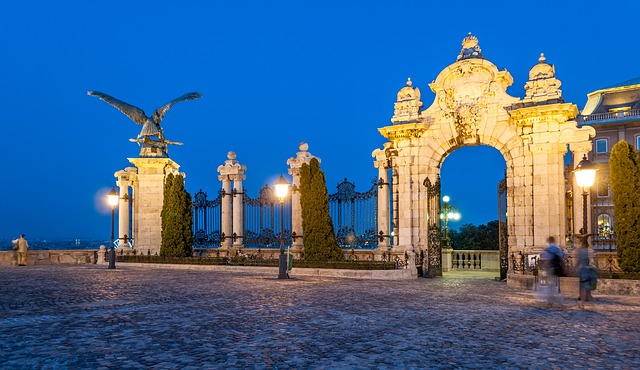
Рейтинг стран Mundo - это, по сути, индекс свободы, в котором наша команда специалистов оценивает комбинацию свобод, включающую свободу от насилия и личных нападок, финансовую свободу от высоких налогов, свободу бизнеса от вмешательства правительства и особенно от социализма и коммунизма.
Политическая стабильность - 6
Хотя до 1989 года Венгрия была частью Восточного блока, контролируемого Советским Союзом, она была самой западной страной. Благодаря этому экономика страны не сильно пострадала во время перестройки, мягко перейдя к либерализованной экономике. Эта тенденция продолжала усиливаться и после перестройки благодаря государственной политике, которая благоприятствовала бизнесу и продолжала продвигать страну к западной экономической модели. Эти усилия привели к тому, что в 2004 году Венгрия наконец вступила в Европейский Союз.
Венгрия - в целом стабильная страна, но в последние несколько лет она сталкивается с политическими проблемами. Нынешний премьер-министр, который является главой государства с 2010 года, подвергается серьёзной критике за авторитарный режим и консервативные взгляды.
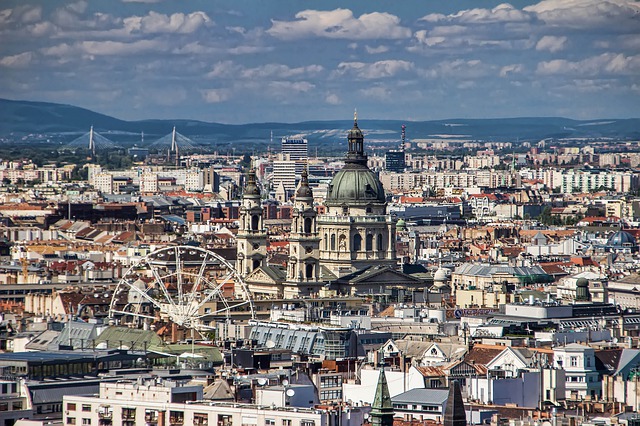
Будучи одним из важнейших финансовых центров региона, правительство Венгрии предоставляет различные стимулы для бизнеса, основанного в стране. Эта тенденция берёт свое начало в 70-х годах прошлого века, когда глава государства проводил дружественную бизнесу политику, умеренную в соответствии с коммунистическими требованиями.
Даже в коммунистические времена Венгрия смогла посадить семена, которые выросли в благоприятную для бизнеса среду и политику свободного рынка. В этом разделе мы обсудим некоторые стимулы, которые доступны в этой стране и которые помогут вашему бизнесу процветать. Мы также обсудим важные аспекты, которые должен учитывать каждый предприниматель, особенно при работе за рубежом.
Эти аспекты включают трудовое законодательство, лицензирование, ограничения, торговую и импортную политику и другие. Эта юрисдикция может предложить отличные преимущества для бизнеса в условиях соответствия требованиям ОЭСР, что облегчит доказательство источника дохода при расширении вашего бизнеса.
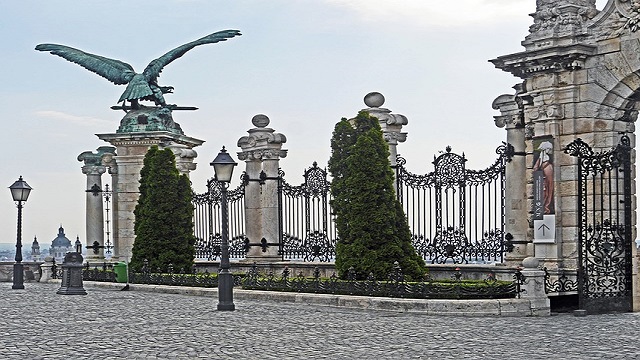
Венгрия предлагает нам надёжную основу для создания нашего бизнеса. Мы говорим о юрисдикции, которая предоставляет сабстенс в полном соответствии с требованиями ЕС по аудиту, но с низким корпоративным налогом.
В этой стране можно создавать различные структуры, такие как общество с ограниченной ответственностью, товарищество с ограниченной ответственностью или полное товарищество. Будучи одним из важнейших деловых центров региона, Венгрия предлагает уникальные корпоративные преимущества, такие как лёгкость регистрации и простота процессов. Многие процессы аудита могут быть проведены через онлайн-платформы, что сводит бюрократию к минимуму.
Эксперты Mundo рекомендуют Венгрию как место в Европе для создания операционной компании, поскольку, как и во всей Центральной и Восточной Европе, в этой стране представлена высококвалифицированная рабочая сила с низкой заработной платой. Кроме того, корпоративный налог здесь самый низкий в ЕС - всего 9% в год, а если вы переводите дивиденды с операционной компании на другую вашу компанию за рубежом, то вам не придётся платить налог у источника.
.jpg)
Одной из самых сильных сторон Венгрии и одной из лучших возможностей для международных инвесторов является создание венгерского траста.
Эта страна предлагает нам отличный инструмент защиты активов с прекрасными возможностями для оптимизации налогообложения, такими как:
- Надёжная правовая среда (иностранные постановления регулируются несколькими двусторонними договорами).
- Низкий налог на активы
- Авторитетная юрисдикция
- Гибкость
- Возможность создания других структур защиты активов.
Венгрия применяет иностранные постановления в соответствии с двусторонними договорами, которых существует всего несколько, что означает, что, если вы, например, гражданин США, и ваш траст создан в Венгрии, кредиторам или бывшим супругам будет очень трудно добраться до ваших активов.
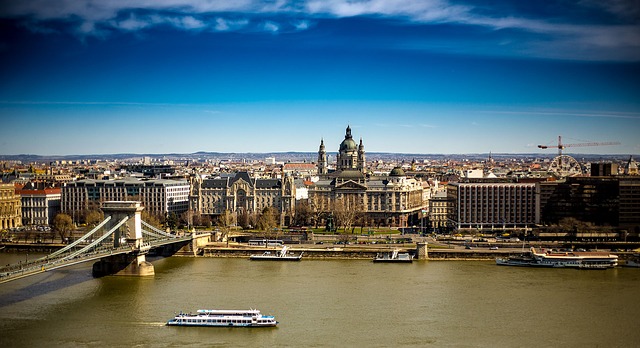
В связи с растущим спросом иностранных и отечественных корпоративных клиентов на простые и быстрые услуги, всё больше финансовых учреждений предоставляют универсальные банковские услуги, которые варьируются от простого кредитования до инвестиционного банкинга и торговли ценными бумагами. Большинство иностранных компаний, как правило, получают доступ к местным кредитам и рынкам капитала через финансовые учреждения своей страны, открывшие филиалы в Венгрии. Сфера услуг сконцентрирована в Будапеште, где расположены крупные SSC многих крупных международных банков.
Согласно принципу "одного паспорта" ЕС, поставщик финансовых услуг, получивший разрешение в одной стране-члене ЕС, может свободно предоставлять эти услуги в любой другой стране ЕС. Финансовые учреждения, расположенные в странах ЕС, не обязаны создавать местные дочерние компании или филиалы; они должны лишь зарегистрироваться в Венгерском управлении финансового надзора.

Несколько лет назад в Венгрии существовала программа RBI, но теперь она недоступна. Хотя официальной схемы получения гражданства по инвестициям не существует, его можно получить, но по весьма высоким ценам. Кроме того, это не та страна, которая обычно открыта для иммиграции, и, хотя налоги на физических лиц не самые высокие в Европе, на наш взгляд, они достаточно высоки, особенно если добавить их к корпоративному налогу.
Учитывая высокие расходы на получение гражданства, склонность страны к иммиграции и ставки налога на доходы физических лиц, Mundo не рекомендует Венгрию в качестве места для получения официального резидентства. Если вы хотите вести здесь бизнес, мы рекомендуем приобрести другой европейский или шенгенский паспорт и открыть свою операционную компанию в Венгрии.

Несомненно, одним из самых интересных аспектов венгерской бизнес-среды является налогообложение. По мнению Mundo, Венгрия является одним из лучших мест для создания компании, поскольку, как мы уже говорили в других разделах этой страницы, корпоративный налог составляет всего 9% в год. Это делает Венгрию страной ЕС с самым низким корпоративным налогом.
Если у вас есть компания, которая официально является резидентом Венгрии, то вы будете облагаться налогом на прибыль во всём мире, но при этом сможете воспользоваться некоторыми интересными льготами, такими как соглашения об избежании двойного налогообложения. Эта страна имеет соглашения об избежании двойного налогообложения с более чем 40 юрисдикциями и не облагает налогом у источника дивиденды, проценты или роялти, выплачиваемые компаниям в этих странах.
Если вы ищете юрисдикцию, в которой всё продумано до мелочей, то Венгрия - отличный вариант, поскольку она полностью соответствует стандартам бухгалтерского учёта и отчётности ЕС.

В этом разделе мы расскажем о жизни экспата, живущего в Будапеште, основываясь на реальном опыте. Моя подруга Моника, имя которой я, разумеется, изменил в целях конфиденциальности, родом из Великобритании, работала преподавателем английского языка в разных странах мира, включая Южную Корею и Индию. Сейчас она живёт в Будапеште и согласилась рассказать мне о своём опыте экспата в одном из самых интересных городов Европы.
Моника невероятно счастлива в Будапеште, потому что этот город особенно красив: пересекающая его река Дунай, потрясающая архитектура и незабываемые виды.
Моника преподаёт английский язык в частной школе в Будапеште, а у её мужа свой бизнес. Они жили в разных странах, но дольше всего (8 лет) прожили в Венгрии, что, на мой взгляд, свидетельствует о том, насколько хороша их жизнь здесь. Моника и её муж живут прекрасной жизнью с удивительными и доступными культурными предложениями, и большим кругом общения, они зарабатывают больше и тратят меньше, экономят на налогах и имеют свободное время для своих увлечений.
$170,000
$1,400,000
$350,000
$395,000
$165,000
Воды Карибского моря и пески Персидского залива когда-то казались двумя разными мирами. Однако в эти...
В условиях глобальной экономики всё больше инвесторов и предпринимателей хотят понять, как открыть и...
Когда человек получает новое гражданство, он обычно думает о документах, налогах и путешествиях, но ...
Вы когда-нибудь мечтали стать частью истории? В Панаме есть место, где такая мечта имеет конкретный ...
Панама — страна, где солнце восходит рано, а дела делаются вовремя. Каждый шаг здесь — это захватыва...
Понять, что такое бенефициар и что такое бенефициарный владелец юридического лица, важно для каждого...





.jpg.small.WebP)


.jpg.small.WebP)
.jpg.small.WebP)
